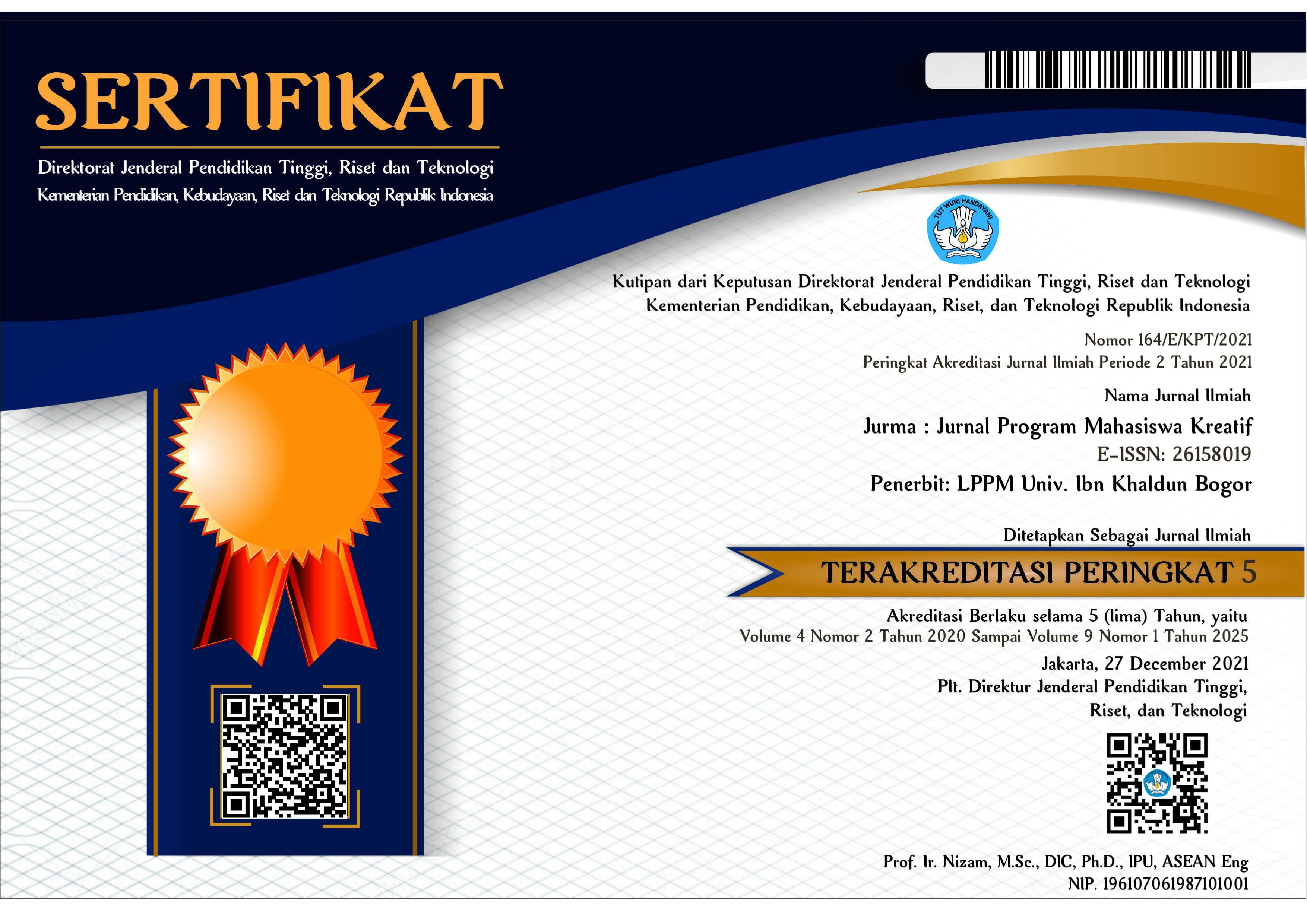Enforcement of Advocates' Code of Ethics
Abstrak
Implementing a code of ethics in the legal profession is very important to maintain the moral integrity of an advocate. The code of ethics not only provides guidance in carrying out duties but also defines the role of advocates in society. As regulated in Law Number 18 of 2003 concerning Advocates, advocates are law enforcers who are free, independent and guaranteed by law to provide legal assistance both inside and outside the court. The aim of this research is to determine the enforcement of the advocate's code of ethics. The type of legal research used is normative juridical legal research and the data technique used in this research is library study techniques. The results of this research are that enforcement of the Advocate Code of Ethics in Indonesia is a fundamental aspect in maintaining the integrity and professionalism of the legal profession. The Indonesian Advocate Code of Ethics, which was ratified on May 23 2002, functions as a behavioral guideline for advocates in carrying out their duties honestly and responsibly. This code of ethics emphasizes values such as independence, honesty, confidentiality and openness, which are essential in building public trust in the advocate profession.
##submission.copyrightStatement##
##submission.license.cc.by-sa4.footer##





















